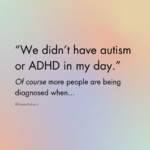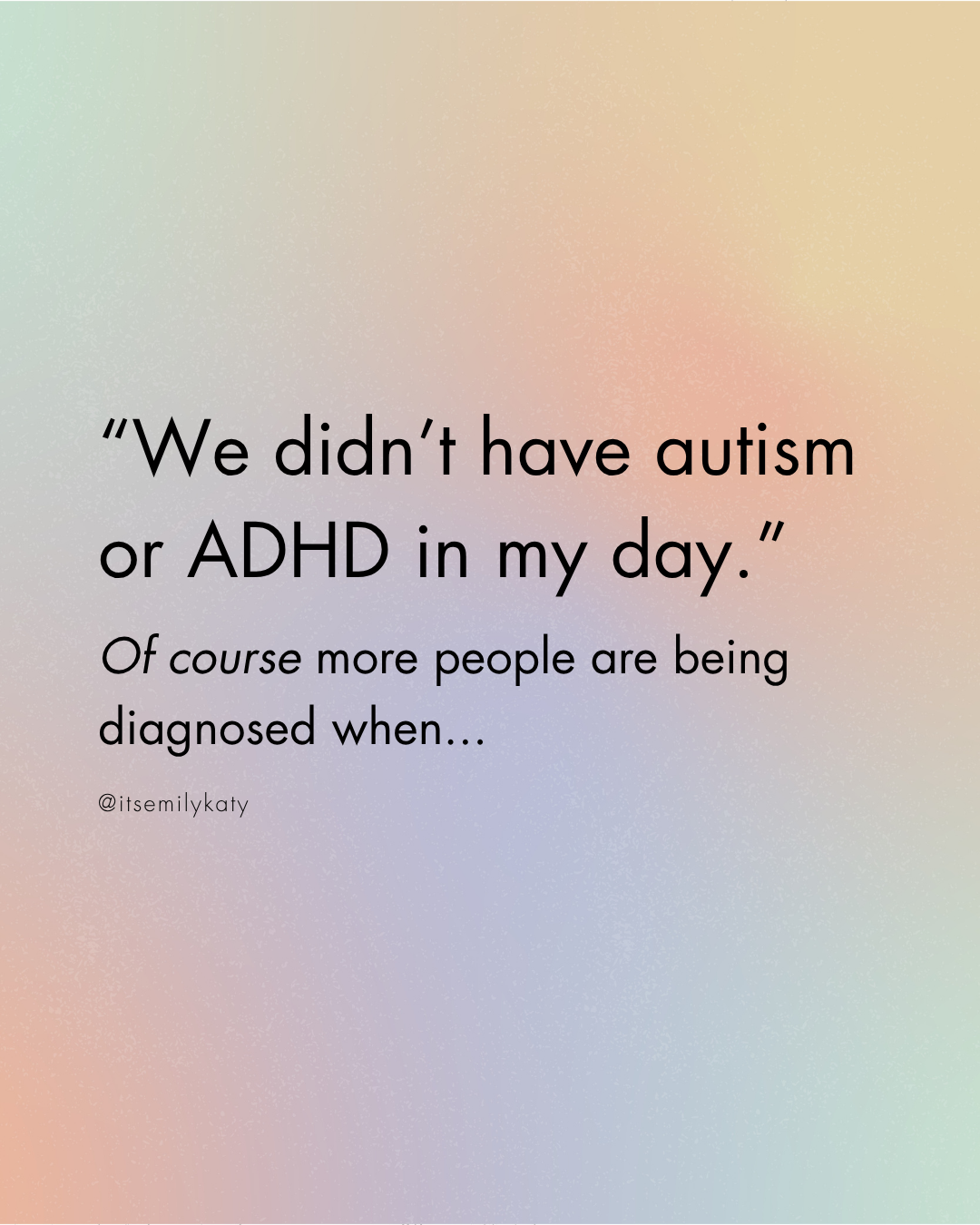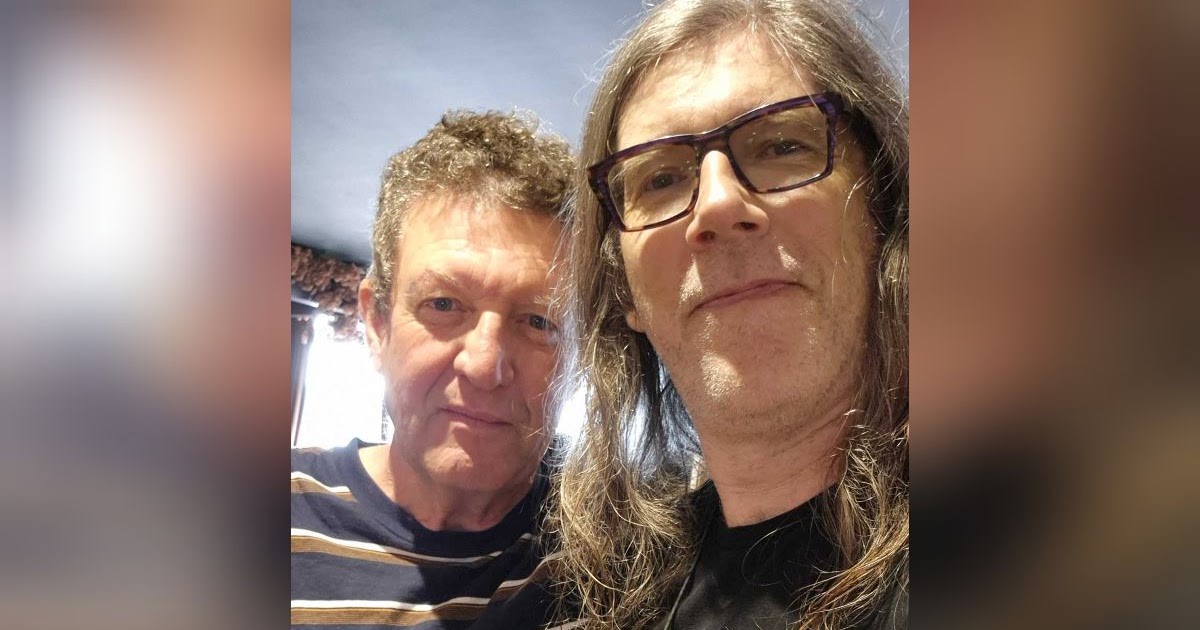 A newly released book, Beyond Difficult: An attachment-based guide to dealing with challenging people, is about understanding what’s really driving difficult behavior and how to deal with it to build better relationships.
A newly released book, Beyond Difficult: An attachment-based guide to dealing with challenging people, is about understanding what’s really driving difficult behavior and how to deal with it to build better relationships.
“There’s a wealth of information and scientific evidence about what makes relationships thrive or flounder, and we believe this knowledge should be more accessible to everyone,” co-author Dr. Jessie Stern told us. “Our hope is that the book can be a guide for parents, educators, therapists, leaders, and anyone who has dealt with a difficult relationship at home or at work.”
The book is guided by attachment theory, the idea that our previous experiences in close relationships act as a model or template for how we think about ourselves and other people. A core idea in the book, supported by more than 50 years of research, is that people with insecure attachment styles are more likely to engage in “difficult” interpersonal behavior, like escalating conflict, avoiding closeness, shutting down emotionally, or being clingy and over-dependent.
“One of the top reasons that people seek therapy is that they’re at the end of their rope dealing with a difficult relationship with their partner, a family member, or their boss,” Dr. Stern told us. “Unfortunately, not everyone has access to therapy, and although a book is no substitute for professional help, it can be a guide to making those tough relationships less onerous. We believe that everyone has a right to a relational education — the knowledge and practical skills to sustain healthy, fulfilling relationships.”
In the book, the authors examine decades of research on attachment, temperament, neurodiversity, trauma, conflict resolution, and communication to uncover the most effective strategies for dealing with challenging people. They also include case studies of therapy clients who successfully worked through stuck patterns to cultivate more empathy, self-regulation, emotional maturity, and intimacy with their relationship partners. Finally, they interviewed ten super-connectors, people with especially strong interpersonal skills to conduct a bright-spot analysis of what the most socially skilled people do in particularly difficult situations in their friendships, family relationships, and work life.
“A key take-away is that addressing the core issues that underlie difficult relationships by creating more psychological safety, giving effective feedback, communicating and negotiating boundaries, and working to repair relationship ruptures after conflict is more impactful than either ignoring or combatting the other person,” co-author Rachel Samson told us. “For example, studies show that feedback is more effective when we focus on the specific task or behavior, not the person.”
Moreover, explained Samson, a promising line of research shows that people with insecure attachment styles can shift toward greater security through a combination of self-reflection, in-the-moment reminders of connection and emotional safety, and challenging negative relationship scripts. Even focusing on a memory of a specific time when we felt cared for or showed care to someone else (our child, for instance) can improve interpersonal behavior, giving us a boost in our ability to manage close personal interactions.
“When we were interviewing our super-connectors, one thing that surprised us is that most of them didn’t navigate difficult relationships alone,” Samson told us. “More often than not, they reached out to close friends, other family members, romantic partners, or even trusted coworkers for support and advice.”
In one case, a woman dealing with a difficult employee she was managing first consulted with her administrative director, then shared her emotions with her spouse when she got home that night, and finally invited a group of close friends to dinner to ask for their support and thoughts about how best to respond to this employee. The result was much more constructive for both the manager and her employee as a result of seeking multiple sources of support and diverse perspectives to solve the problem.
“Difficult people are unavoidable,” Dr. Stern told us. “We can’t opt out of all difficult relationships without cutting ourselves off from the joys of social connection. Nor can we control how other people behave (even our kids!). But we do have choices.”
Dr. Stern explained that we can choose relationships with people who make us feel secure, supported, and seen. In difficult relationships, we can choose to communicate reasonable boundaries to safeguard our wellbeing; and we can choose how we show up in close relationships and transform how we respond to difficult interactions.
“With practice and through the reflections provided in the book, everyone can apply these principles in daily life to create stronger, more resilient connections,” Dr. Stern told us.
Patricia Tomasi is a mom, maternal mental health advocate, journalist, and speaker. She writes regularly for the Huffington Post Canada, focusing primarily on maternal mental health after suffering from severe postpartum anxiety twice. You can find her Huffington Post biography here. Patricia is also a Patient Expert Advisor for the North American-based, Maternal Mental Health Research Collective and is the founder of the online peer support group – Facebook Postpartum Depression & Anxiety Support Group – with over 1500 members worldwide. Blog: www.patriciatomasiblog.wordpress.com
Email: tomasi.patricia@gmail.com









